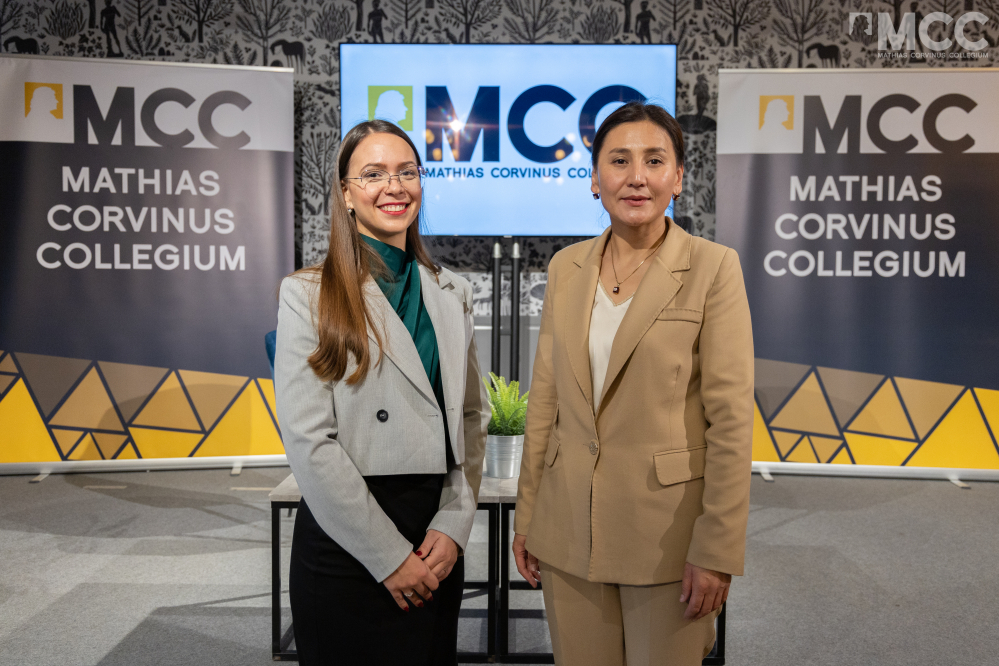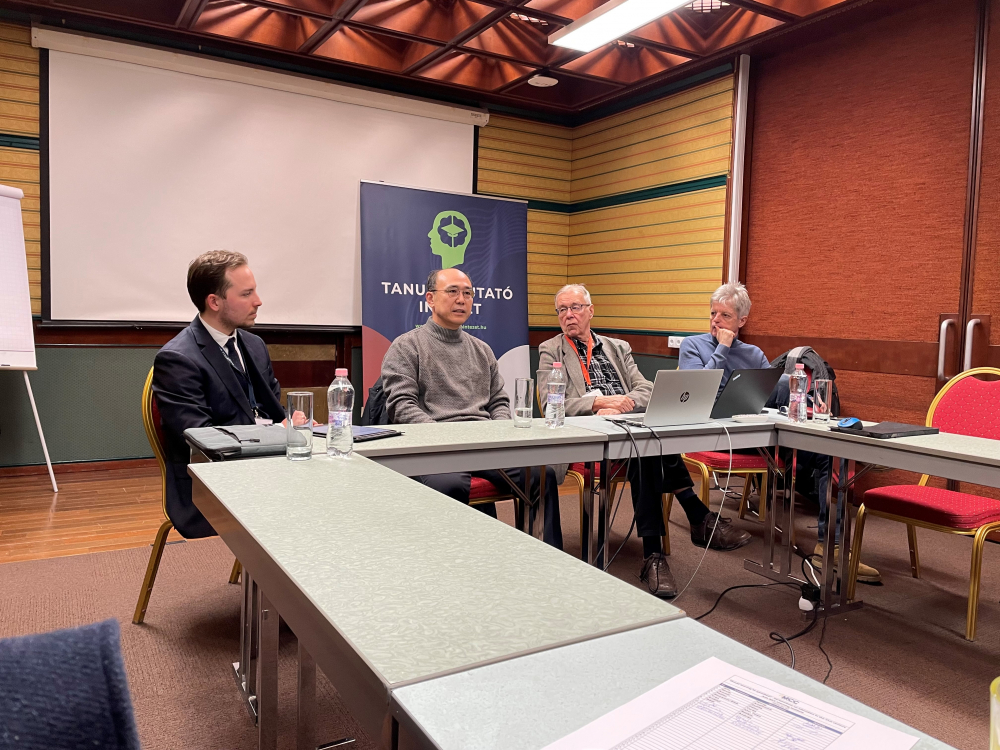Kyrgyz education is struggling to cope with the problems caused by conflicts due to historical and geographical factors, explains our guest Saikal Ibraimova.
Internationalisation in higher education means opening up and integrating institutions and programmes at global level. It aims to broaden the international experience of students, teachers and researchers and to break down barriers between knowledge and cultures.
Kyrgyz education places great emphasis on overcoming prejudices arising from ethnic differences, which is reflected in the internationalisation of higher education.
Ms Ibraimova has professional links with our country in several areas: she has opened a Hungarian Centre at the Faculty of International Relations of the University of Osh, where students of international relations study Hungarian language and culture.Guests:-Dr. Saikal Ibraimova - Associate Professor, Dean of the Faculty of International Relations, Osh State University, Kyrgyzstan.- Enikő Szakos - coordinator of the Institute of Studies - moderator.
The aim is to homogenise the ethnic divide by using a single Kyrgyz language, so it is compulsory to learn it at school.
To address the challenges, higher education is also being transformed, including a global model for credit systems to facilitate student mobility and research and teaching mobility collaborations to internationalise.
From a Hungarian perspective, a really interesting feature of Professor Osh University is that it is the first Kyrgyz university to run a Hungarian Centre, where the teaching of Hungarian language and culture is taught to a large number of interested students.
In response to a question from Enikő Szakos, Professor Ibraimova explained the purpose of the Hungarian Centre and the successful collaborations that have already been achieved, one example of which is the discovery of common ground between the two languages.
The event was held in English.



